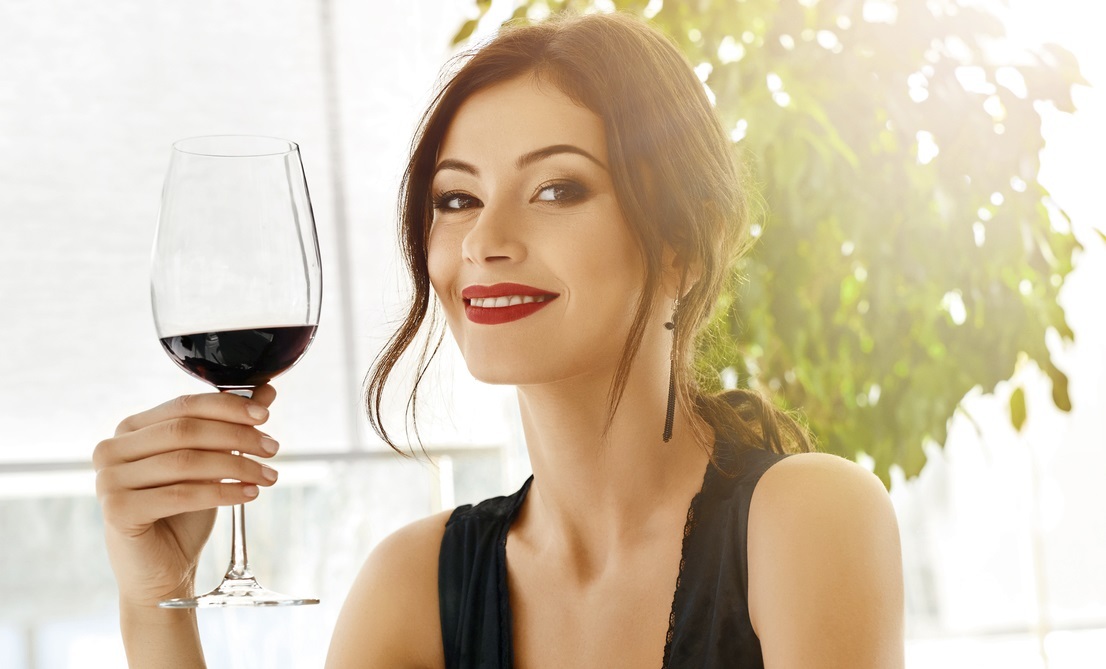
IT’s official – I have given up listening to health warnings as they simply don’t make any sense.
Another new report (this time from New Zealand) stated last week that even one small glass of booze a day can cause cancer.
This flies in the face of other studies that claim a daily glass of red wine can be good for you and even prevent heart disease.
We have had the same thing with butter and cheese. Once, they were all the dreaded enemy of health experts, but now we are told dairy products are fine and might even be good for us.
Sugar is currently in the firing line with war declared on fizzy drinks and sweets.
And I’m sure there will be something else along soon that will be declared public enemy number one.
Now, we all know that excessive drinking is a mug’s game causing all sorts of horrible illnesses and diseases and making you look old and haggard before your time.
No one would ever advocate guzzling entire bottles of wine or knocking back six pints of beer before lunchtime. But surely, like everything else, it’s all about moderation and common sense.
This new study sternly warns that even people who just enjoy a drink on social occasions are also at risk from seven types of cancers. The research claims there are no safe levels of drinking and, obviously, the more you drink, the bigger the risk.
I personally don’t think we should all get scared by this report – as there will probably be another one along soon telling us that gin can cure acne.
However, we do need to examine the very peculiar relationship we have with booze.
It’s still considered a sign of masculinity to be able to drink eight pints on a Saturday night.
People become mortally offended if you refuse their offer of a “proper” drink – even if you happen to be driving – and the scenes of our teenagers and young people lying drunk in streets all over
Britain and in holiday resorts around Europe are disgraceful.
The Spanish are aghast and bemused that instead of going out to have tapas and a few drinks over the course of an evening, the single aim of a hardcore of British teens and 20-somethings is to get drunk as quickly as possible.
It’s horrendous to see young women in particular staggering around, throwing up, lying in the gutter and exposing themselves to real danger because they are so intoxicated.
These sorts of scenes are light years away from proud parents who want to toast their grandchild’s christening with a cold glass of prosecco or a father and son savouring a whisky together on the eve of his wedding.
Obviously, alcoholics need to stop altogether while heavy drinkers have to cut down as they are wrecking their mental and physical health.
But still, it is completely unrealistic to have a totally booze-free society.
We all have relatives who enjoyed a drink and lived into their 80s and while I would never condone overdoing the consumption of alcohol, I do think we need to be sensible.
It is up to all of us to assess whether the occasional drink outweighs any future health risk, but I reckon the best way to keep happy and healthy is to give up smoking, do a bit of exercise, eat reasonably sensibly and laugh a lot with the people you love.
READ MORE
Lorraine Kelly: Time isn’t on Mick Jagger’s side as he prepares to be a father again
Have you had your 17-a-day yet? How health advice varies across the world

Enjoy the convenience of having The Sunday Post delivered as a digital ePaper straight to your smartphone, tablet or computer.
Subscribe for only £5.49 a month and enjoy all the benefits of the printed paper as a digital replica.
Subscribe